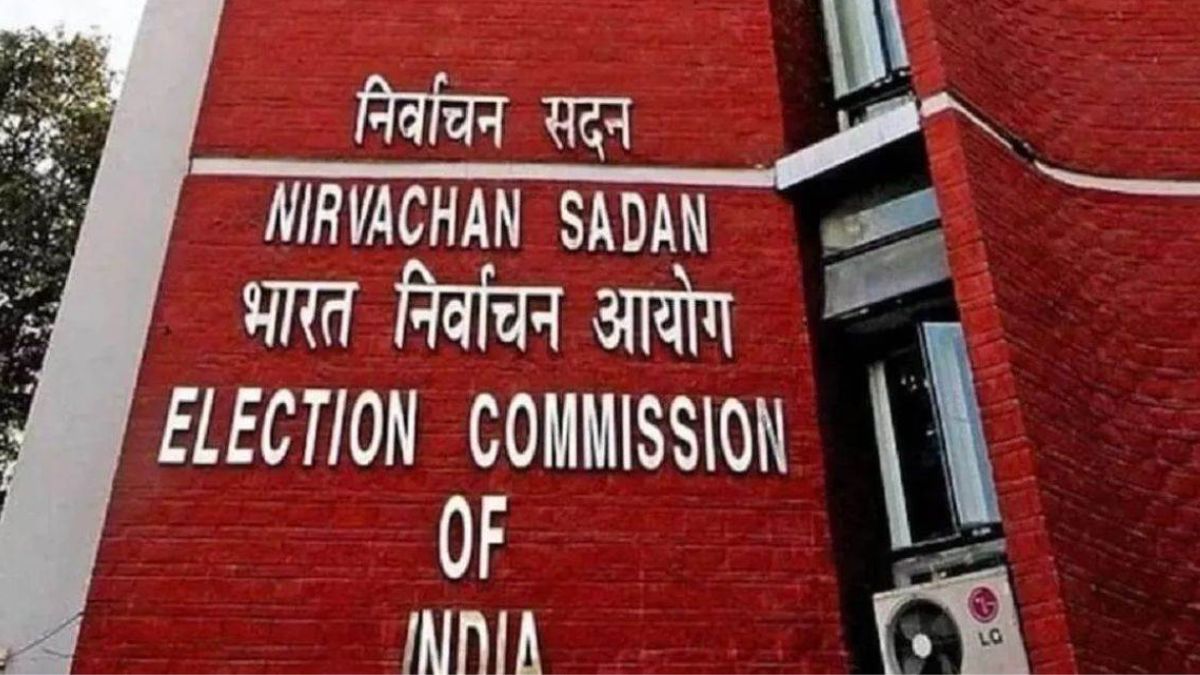New Delhi: Amid calls from opposition parties to make polling station footage public, the Election Commission (EC) on Saturday (June 21) firmly stated that sharing such video content would breach voter privacy and potentially endanger the democratic process. Officials emphasised that while demands to release the footage appear to promote transparency, they are, in fact, counterproductive and legally unsound.
EC officials warned that releasing footage from polling stations could compromise the privacy and security of voters. Under the Representation of the People Acts of 1950 and 1951, and as upheld by the Supreme Court, voter secrecy is paramount. The Commission noted that sharing footage could facilitate the identification of who voted or abstained, exposing voters to potential coercion, discrimination, or intimidation by vested interests.
Officials cited hypothetical but plausible scenarios: if a political party receives fewer votes at a booth, they could review footage to identify supporters or non-supporters, potentially leading to post-poll harassment. Such misuse of surveillance data undermines the very democratic rights the EC is sworn to protect.
The Election Commission clarified that CCTV recordings and webcasts are internal monitoring mechanisms and not legally mandated elements of the election process. These are maintained for 45 days, matching the window for filing election petitions. If no legal challenge arises within this period, the data will be destroyed to prevent later misuse.
To safeguard against manipulation and misinformation, the EC has directed state-level poll officers to destroy video data—CCTV footage, webcasts, and related recordings—after the 45-day statutory period, provided no petition is filed. The Commission reiterated that footage is preserved beyond this period only when specifically required by a court.
In December 2023, the Union Law Ministry amended Rule 93 of the Conduct of Election Rules, 1961, based on EC’s recommendation. The change restricts public access to certain electronic records, including CCTV footage, webcasting material, and candidate videos, to prevent selective or malicious usage.
The EC recently instructed its officers to record various phases of the election process using multiple formats—photography, videography, CCTV, and webcasting. However, instances of selective editing and misleading dissemination on social media platforms by non-contesting entities prompted a policy reassessment to avoid compromising electoral integrity.
EC officials underscored that the secrecy and privacy of the voter remain non-negotiable. “We have never and will never compromise on this principle,” they said, reiterating the constitutional and judicial backing for maintaining the confidentiality of the voting process.






